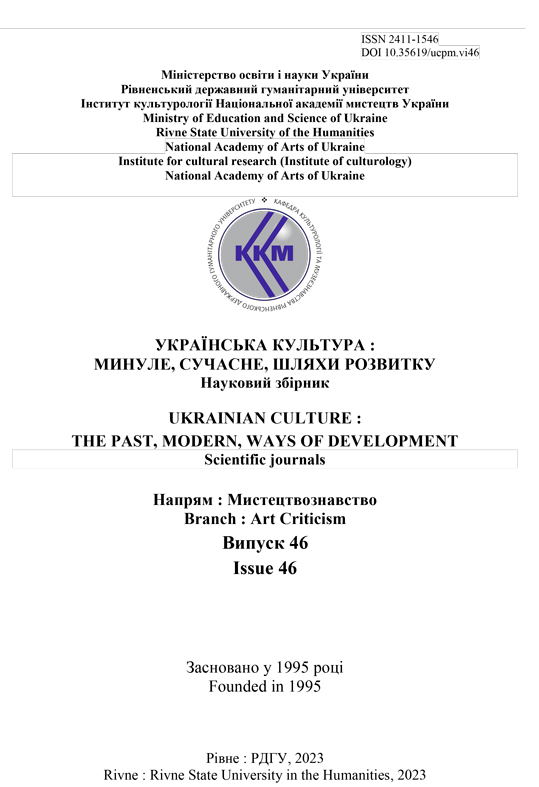DEVELOPMENT OF CHINESE PIANO EDUCATION: HISTORY AND PERSPECTIVES.
DOI:
https://doi.org/10.35619/ucpmk.v46i.697Keywords:
Chinese piano education, piano history, Chinese pianists, music educational institutions, music education system, performance art.Abstract
The article delves into the history and development of Chinese piano education in the 20 th century, aiming to uncover the specifics of its formation and development during this period. Notably, it highlights the pivotal role played by distinguished European instructors, including Mario Paci, Boris Zakharov, and Vladimir Hartz, in laying the foundational principles of Chinese piano education. The emergence of the first generation of Chinese pianists and educators, namely Xiao Youmei, Huang Zi, and Zhao Yuanren, is explored with a particular focus on their contribution to the gradual integration of Chinese culture into global musical trends. The zenith of piano performance is situated in the mid-20 th century, marked by the international debut of Chinese maestros such as Liu Shikun, Yin Chengzong, Gu Shengying, Li Ming-Qiang, and Fu Cong. The article scrutinizes the pivotal role played by conservatories and music faculties in universities and colleges in establishing centers of piano education.
A distinct phase after the Cultural Revolution is separately highlighted, emphasizing the rapid dissemination of piano education during this period. The concluding decades of the 20 th century witness a surge in piano performing arts in China. As the century turns, Chinese society experiences a tangible «piano boom», accompanied by the emergence of globally acclaimed pianists like Lang Lang, Li Yundi, Chen Sa, Ju Jin, and others on the world stage. The development of piano education in China is depicted not only as an assimilation of European methods and works into the Chinese context but also as a necessity for creating indigenous pedagogical materials, which serve as vital knowledge sources for the burgeoning generation of musicians.




